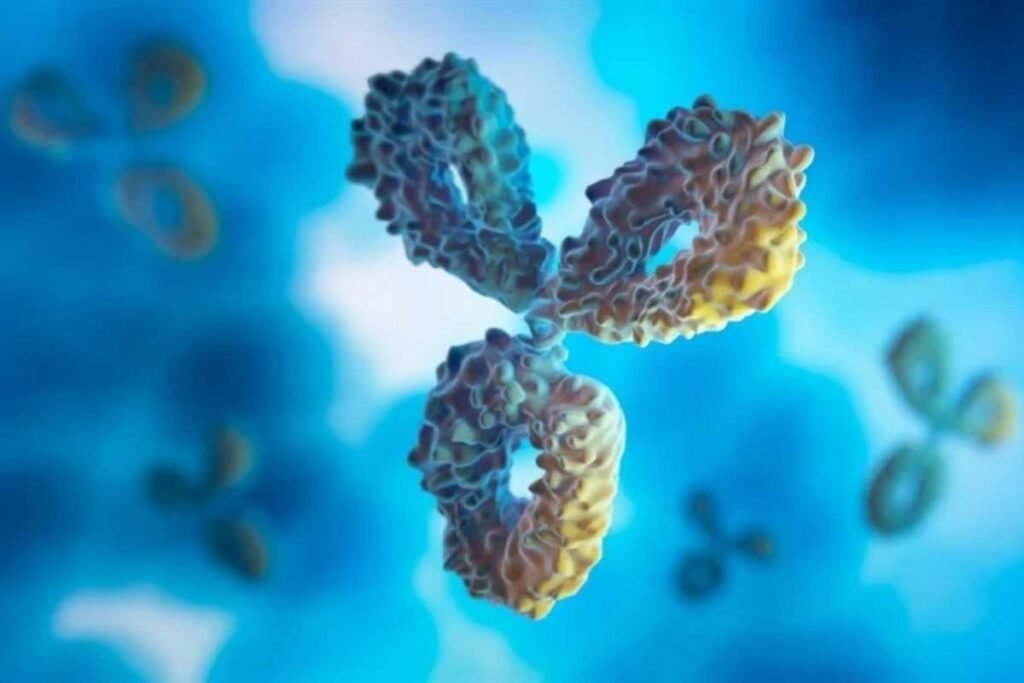[Source – news-medical.net]
A recent study published in Nature Medicine sheds light on the limitations of long-term antibody response following COVID-19 mRNA vaccinations. While these vaccines have been effective in preventing severe illness, their capacity to establish long-lasting immunity remains under investigation. Researchers focused on whether the vaccines induced durable antibody responses, particularly within the long-lived plasma cells (LLPC) in the bone marrow. LLPCs are critical for sustaining long-term immunity as they continuously produce antibodies against specific pathogens.
The study highlights that, although COVID-19 mRNA vaccines provide strong T-cell-mediated immunity, the rapid decline of neutralizing antibodies within three to six months after vaccination leaves individuals susceptible to breakthrough infections. By examining factors responsible for this decline, researchers hope to develop strategies that extend the longevity of the immune response, particularly by improving the durability of antibody production.
The Study’s Key Findings
The research involved 19 healthy individuals who received two to five doses of COVID-19 mRNA vaccines, with some also having received tetanus, diphtheria, pertussis (Tdap), and influenza vaccines. The participants, aged 20 to 65, were followed over three years, and bone marrow aspirates were collected up to 21 months after their last booster dose to analyze antibody-secreting cells (ASCs).
Using advanced techniques, researchers identified and sorted specific ASC subsets, including those related to influenza, tetanus, and SARS-CoV-2. The results were telling: while durable responses were observed for influenza and tetanus in the LLPC compartment of the bone marrow, SARS-CoV-2-specific ASCs were largely absent. This absence in the LLPC compartment likely explains the short-lived nature of antibody responses to COVID-19 mRNA vaccines. The data demonstrated that while initial antibody levels to SARS-CoV-2 were strong, they rapidly declined within months, showing minimal signs of long-term immune protection.
Implications for Vaccine Development
The findings from this study underscore the challenges in establishing long-lived immunity through current COVID-19 mRNA vaccines. Although the vaccines provide a temporary boost in antibody levels, they fail to develop long-lasting plasma cells that are crucial for sustained immunity. Interestingly, no correlation was found between the frequency of vaccine doses and the formation of LLPCs, suggesting that even additional boosters may not significantly improve the duration of immunity.
The absence of SARS-CoV-2-specific ASCs in the long-lived bone marrow compartments contrasts with the more durable immune responses seen in vaccines for tetanus and influenza. This highlights the need for future COVID-19 vaccines to enhance the durability of immune protection by targeting long-lived plasma cells. Without such improvements, the waning of antibody responses will continue, leaving populations vulnerable to reinfection despite initial vaccinations.









